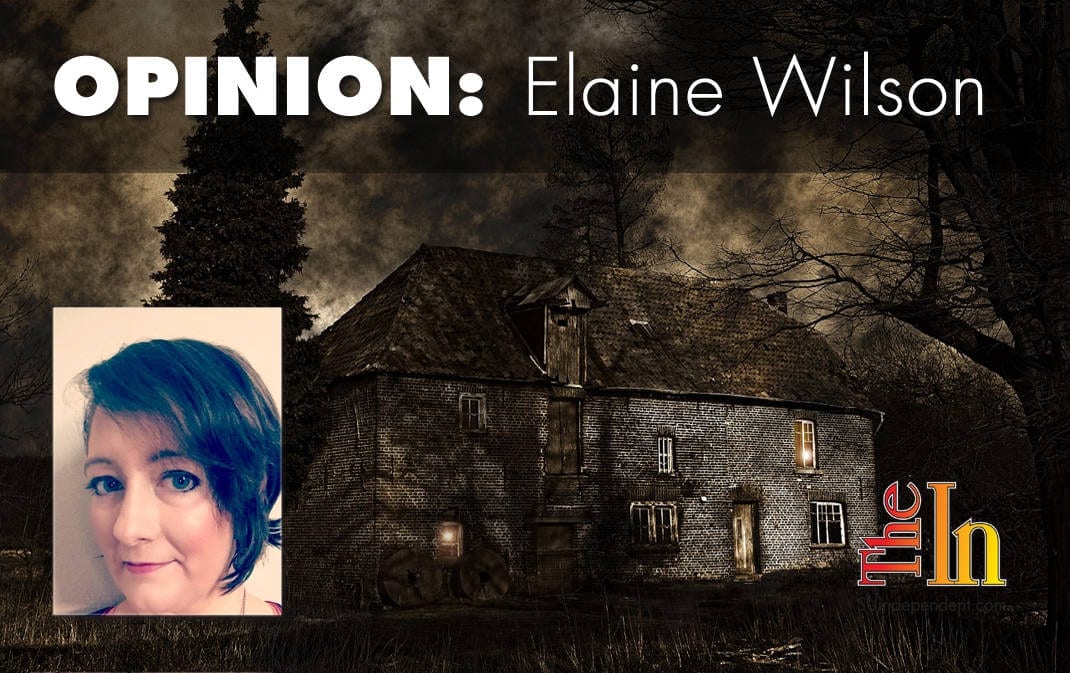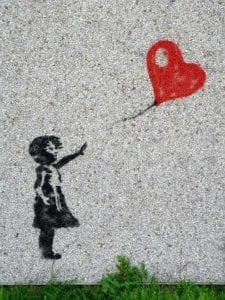 Forgiveness. I’m not really into it.
Forgiveness. I’m not really into it.
Now before I start getting any horrified and assuming comments, let me explain: I believe in forgiveness. As a counselor, I understand and even promote the concept. But I refuse to force it, and I don’t believe it’s a cure-all.
I am a woman of extreme passion. It’s what makes me a writer and a teacher and, in actuality, incredibly loyal. I have a passion for stories and dreams and food and music and words and thoughts and my children and my family and loyalty and — love.

My passion for love is something that I consume every day. I believe in it, I live for it, I breathe it and dream of it. Since I was a child, love has filled my mind with all sorts of possibilities for the future. My love for school and learning brought to St. George for college, where more love was found within friendships that I treasure more than anything I own. My love for Ireland fueled my determination for a higher education in that great land — and dammit, I won. My love for family and romance led me to my amazing husband, who is my best friend and greatest support.
But all of that love is not something I was ever taught by my father, the person that many tell me I need to forgive. He taught me how to fear, how to hate, and how to survive — even if that meant giving up your dreams and, yes, safety. He taught me how to yell and hit and jab words into people’s souls that would leave them stunned and aching. Others that he brought into my life hurt me even worse, leaving scars that too many others know the causes of.
 I don’t forgive easily. I can’t. When your entire being is ripped apart by people you are supposed to be able to trust the most, you can find yourself becoming a person distrustful of even the most genuine souls. Generous gestures are seen as bargains and tenderness viewed to be only for the weak. Forgiveness? Why, so they can hurt us again?
I don’t forgive easily. I can’t. When your entire being is ripped apart by people you are supposed to be able to trust the most, you can find yourself becoming a person distrustful of even the most genuine souls. Generous gestures are seen as bargains and tenderness viewed to be only for the weak. Forgiveness? Why, so they can hurt us again?
And this is the theme I hear over and over again about how forgiveness for victims is “vital” to their healing, to “getting over” what has happened to them. When we say that we can’t or won’t, we are looked on as too bitter, unwilling to heal, and “holding on to the past.”
But how in the hell can you not hold on to the memories of horrific events?
And “getting over it” — well, it’s not that easy. I was diagnosed with Post Traumatic Stress Disorder in 2007, the year I helped my mother escape. PTSD is something that many soldiers returning from war experience, and it’s not a casual thing. No one (at least, anyone in their right mind) would tell one of these amazing men and women to “get over it” when they are struggling. Yet I am. Why? Is it because they fought for our country and I was merely abused, therefore their disorder is more noble?
I have been through extensive counseling. I live a happy life and am pursuing the goals that were forbidden to me before. I am good. It isn’t my fault that I have relentless nightmares of it all.
So no, I’m not forgiving anyone right now. I’ll kick back my heels in a mixture of frustration dashed with, “Frankly, my dear, I don’t give a damn.”
It’s just not happening today.
Tomorrow isn’t looking good either.






